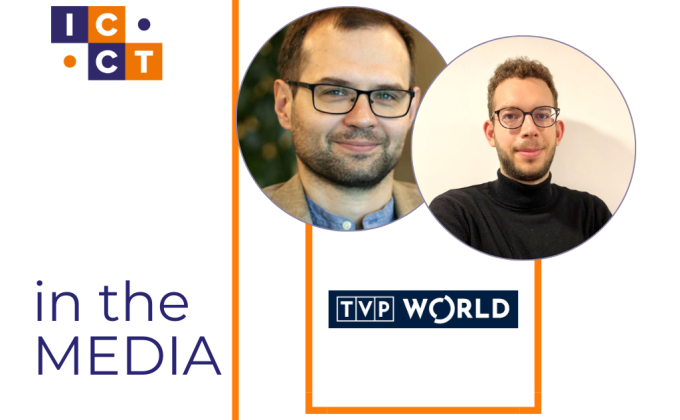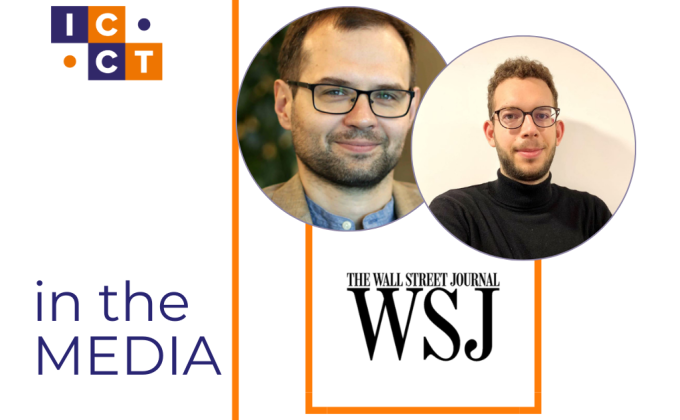Date Friday 20 March, 14:00 - 18:00
Venue Room 1.A20 (first floor), African Studies Centre Leiden, Faculty of Social Sciences (FSW),Wassenaarseweg 52, 2333 AK Leiden, a 7-minute walk from Leiden CS.
Boko Haram terrorism, which is the highest point of a long history of ethno-religious conflicts in Nigeria, provides an interesting case for analysing the dynamics of conflict mobility from the prisms of connections and governance. Although the conflict has been associated with failing state variables, especially poverty and weak security organisation, the sophistication of the sect’s weapons and operations, its terrorist tactics, which include suicide bombing, abduction and transnational wars, the multinational character of the fighting forces, and the underlying objective to declare an Islamic state in parts of Nigeria, are all indicative of a ‘globalised’ conflict situation, that is a situation which embodies itinerant global conflict trends. This paper analyses ethno-religious conflicts in Nigeria as a product of the intersection between local/domestic variables and global forces, and is particularly interested in explaining why local conditions like those in Nigeria are conducive to global conflict currents.
Programme
14:00-15:15 Public Keynote Prof. Eghosa Osaghae
15:15-16:00 Expert Panel Discussion with ICCT Director Mark Singleton, Sanne Kaasjager (Dutch Ministry of Foreign Affairs), Mirjam de Bruin (ASC,UL) & Michel Luntumbue (GRIP)
16:00-16:30 Presentation workshop outcomes ‘Governance and Connections in Africa’s Contemporary Conflicts' (Han van Dijk)
17:00-18:00 Drinks ASC
This public lecture was part of the workshop:
Governance and Connections in Africa's Contemporary Conflicts, 19-20 March 2015
The workshop was sponsored by:
ASC (African Studies Centre Leiden)
LUF (Leids Universiteits Fonds)
ICCT (International Centre for Counter-Terrorism, The Hague)
Connecting in Times of Duress, Leiden University (WOTRO)
Grounding Land Governance, ASC (WOTRO)




